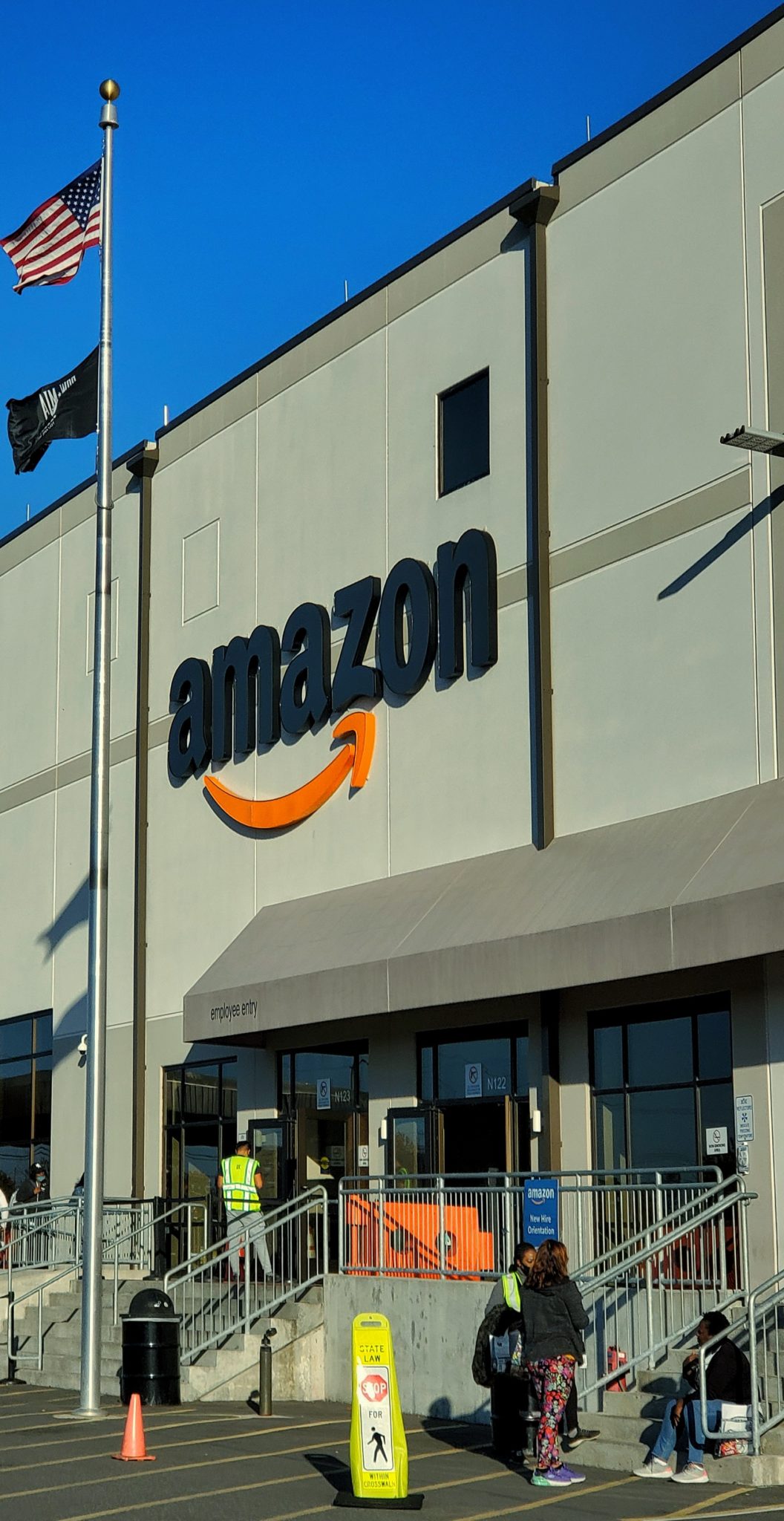Randon Herrera is a student at Harvard Law School.
Amazon employees are one step closer to unionizing for the first time. The National Labor Relations Board recently determined that the Retail, Wholesale and Department Store Union (RWDSU) has enough support among workers in Amazon’s Bessemer, Alabama warehouse to hold an election. The size of the bargaining unit at the warehouse has been a point of contention between the parties. Amazon has argued for a larger count which would make it more difficult for the RWDSU to rally the requisite support for a vote. However, the NLRB disagreed with Amazon’s count, thus paving the way for the RWDSU to hold a vote. An NLRB hearing is scheduled for today to settle other outstanding items of the Alabama workers’ union drive.
Separately, the NLRB is preparing to file a complaint against Amazon on behalf of a former employee who was allegedly fired for protesting the companies’ workplace safety during the pandemic, Reuters reports. The employee was terminated in April of this year, shortly after leading an organized protest outside Amazon’s Staten Island warehouse in New York. Amazon, however, claims he was fired for directing vulgar language at another employee. The NLRB is now preparing to file a charge against Amazon unless it provides redress to the terminated employee. Amazon responded on Thursday by stating that it “look[s] forward to sharing the facts of the case to an administrative law judge” if the NLRB files a claim.
Cosmetology students arguing for unpaid wages will have to relitigate their claims after the Sixth Circuit overturned a lower court’s summary judgment ruling in their favor. The students, who attended Michigan cosmetology schools operated by the Douglas J. Institute, Inc., claim they are entitled to pay under the Fair Labor Standards Act for cleaning and janitorial work they performed for the schools. Though Michigan requires over 900 hours of practical experience for cosmetology licensing, the students argued in lower court that the tasks were “well beyond the bounds of what could fairly be expected” in an education program. While the lower court sided with the students, the Sixth Circuit reversed and counselled application of a different standard. According to the court, the case turns on who the primary beneficiary of the students’ work was—the school or the students themselves. If the latter, the students are entitled to compensation under the FLSA.
Coca-Cola plans to cut 2.5% of its workforce due to Covid-19-related struggles. The company says it will shed 2,200 jobs, including 1,200 in the US, through a combination of layoffs and voluntary buyoffs. In August, the company offered early-departure packages to nearly 40% of its North American workforce.
Finally, in an opinion released on Wednesday, the American Bar Association said that lawyers can remotely practice the law of states in which they are licensed while physically located in a state they are not licensed. The opinion comes as lawyers have generally been forced to practice remotely during the pandemic and have done so effectively. While states ultimately decide their own rules of practice, the ABA’s opinion opens the door for attorneys to live outside states they would otherwise be bound to because of their bar admissions.






Daily News & Commentary
Start your day with our roundup of the latest labor developments. See all
December 11
In today’s News and Commentary, Biden’s NLRB pick heads to Senate vote, DOL settles a farmworker lawsuit, and a federal judge blocks Albertsons-Kroger merger. Democrats have moved to expedite re-confirmation proceedings for NLRB Chair Lauren McFerran, which would grant her another five years on the Board. If the Democrats succeed in finding 50 Senate votes […]
December 10
In today’s News and Commentary, advocacy groups lay out demands for Lori Chavez-DeRemer at DOL, a German union leader calls for ending the country’s debt brake, Teamsters give Amazon a deadline to agree to bargaining dates, and graduates of coding bootcamps face a labor market reshaped by the rise of AI. Worker advocacy groups have […]
December 9
Teamsters file charges against Costco; a sanitation contractor is fined child labor law violations, and workers give VW an ultimatum ahead of the latest negotiation attempts
December 8
Massachusetts rideshare drivers prepare to unionize; Starbucks and Nestlé supply chains use child labor, report says.
December 6
In today’s news and commentary, DOL attempts to abolish subminimum wage for workers with disabilities, AFGE reaches remote work agreement with SSA, and George Washington University resident doctors vote to strike. This week, the Department of Labor proposed a rule to abolish the Fair Labor Standards Act’s Section 14(c) program, which allows employers to pay […]
December 4
South Korea’s largest labor union began a general strike calling for the President’s removal, a Wisconsin judge reinstated bargaining rights for the state’s public sector workers, and the NLRB issued another ruling against Starbucks for anti-union practices.